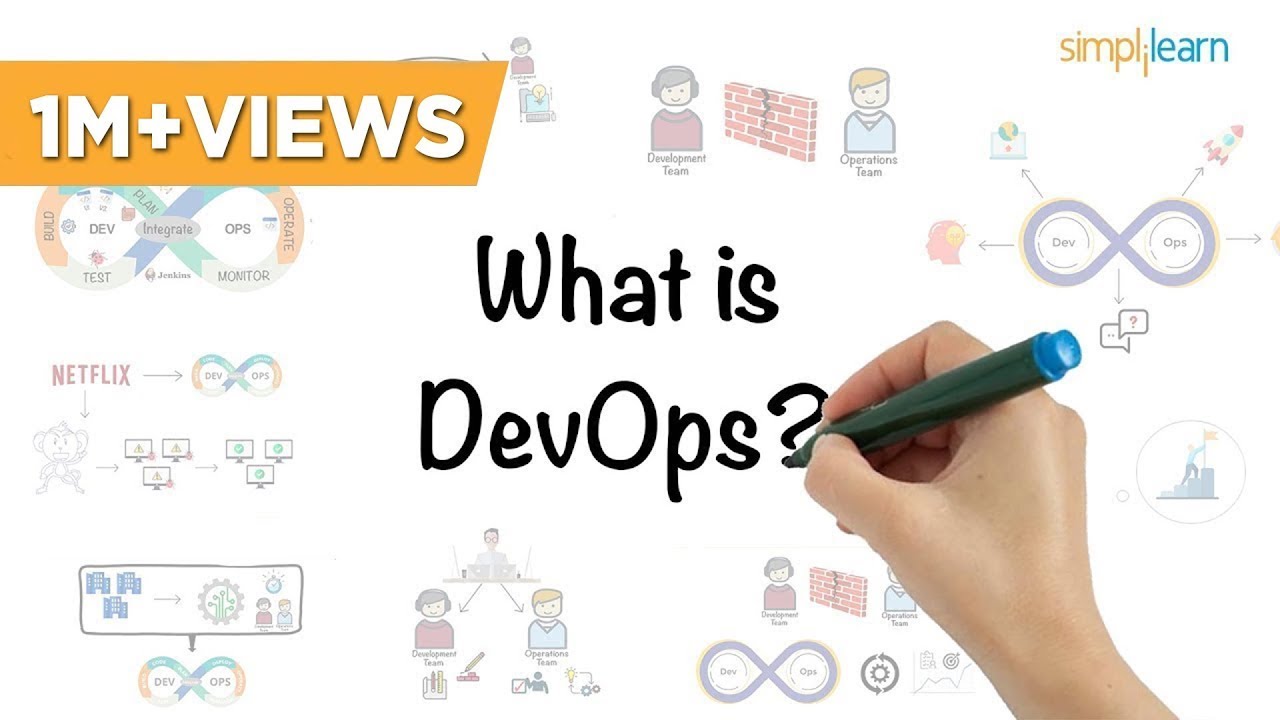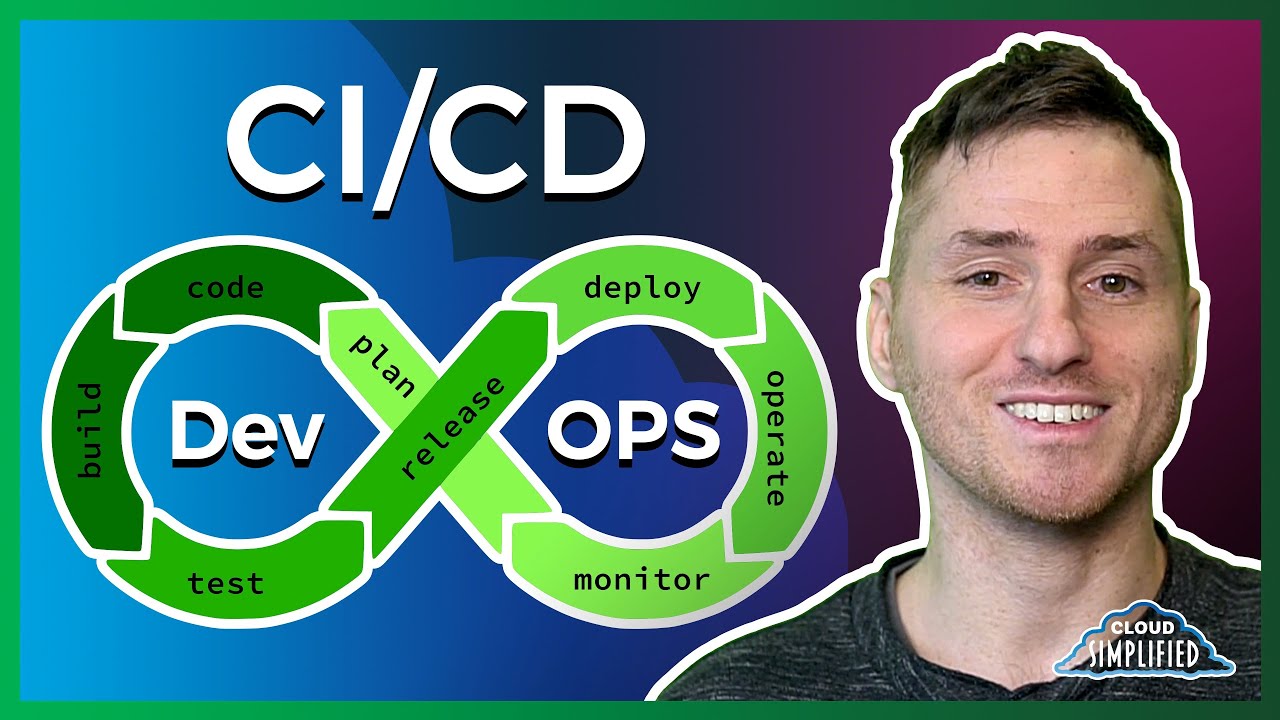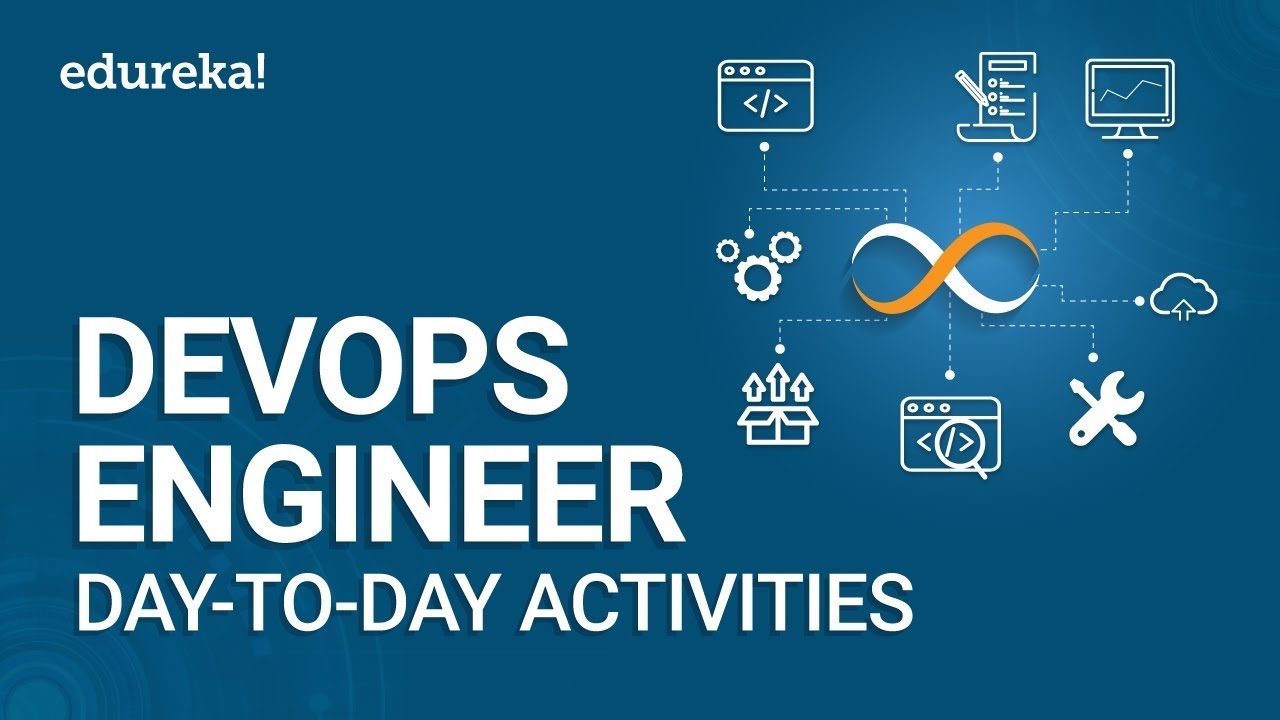In today's fast-paced software development world, the role of a DevOps Engineer has become increasingly crucial. DevOps Engineers are responsible for ensuring the smooth flow of code from development to production, facilitating collaboration between development and operations teams, and automating infrastructure and deployment processes. But what is a DevOps Engineer, and what skills are required to excel in this field?
What Is A DevOps Engineer?
A DevOps Engineer is a professional who is responsible for facilitating the development, testing, and deployment of software applications in a fast-paced, agile environment. They collaborate closely with developers, operations teams, and other stakeholders to ensure the smooth flow of code from development to production.
DevOps Engineers are skilled in coding and scripting, automation and infrastructure-as-code, cloud platforms and containers, continuous integration and deployment, monitoring and performance optimization, and security and compliance.
They use a variety of tools, including infrastructure-as-code tools such as Ansible, Terraform, and Puppet, continuous integration and deployment tools such as Jenkins and GitLab CI, monitoring tools such as Prometheus and Grafana, and containerization technologies such as Docker and Kubernetes. The role of a DevOps Engineer is critical in ensuring the efficient delivery of high-quality software, and their skills are in high demand in the technology industry.
What Does DevOps Mean And Definition?

DevOps In 5 Minutes | What Is DevOps?| DevOps Explained | DevOps Tutorial For Beginners |Simplilearn
DevOps is a set of practices that combines software development (Dev) and IT operations (Ops) to shorten the systems development life cycle while delivering features, fixes, and updates frequently, in close alignment with businessobjectives. DevOps aims to foster a culture of collaboration and communication between developers, operations teams, and other stakeholders involved in the software development process.
It involves the use of automation tools and processes to speed up software delivery, improve code quality, and reduce the time between fixing bugs and deploying updates. The ultimate goal of DevOps is to increase efficiency, agility, and innovation in software development while ensuring the delivery of high-quality, reliable software products.
What Does A DevOps Engineer Do?
A DevOps Engineer is responsible for ensuring the smooth flow of code from development to production in a fast-paced, agile environment. They collaborate closely with development and operations teams, automate infrastructure and deployment processes, and implement security and compliance controls. Some of the specific tasks a DevOps Engineer may perform include:
- Designing and implementing continuous integration and deployment pipelines
- Developing and maintaining infrastructure-as-code scripts
- Automating infrastructure provisioning and configuration management
- Monitoring application performance and implementing performance optimization measures
- Ensuring application security and compliance with industry standards
- Collaborating with development and operations teams to identify and resolve issues
- Implementing and managing cloud-based infrastructure and services
- Troubleshooting and resolving system issues and outages
Overall, a DevOps Engineer plays a critical role in facilitating the development, testing, and deployment of software applications in a way that is efficient, reliable, and secure. They bridge the gap between development and operations teams and use their skills in coding and scripting, automation, cloud platforms, and continuous integration and deployment to streamline the software development process and ensure the delivery of high-quality software products.
What Is CI/CD?

CI/CD Explained | How DevOps Use Pipelines for Automation
CI/CD stands for Continuous Integration and Continuous Delivery/Deployment. It is a set of practices that aims to streamline the software development process and improve the speed and quality of software delivery. Continuous Integration involves integrating code changes from multiple developers into a shared repository frequently, often multiple times a day. This allows for early detection of integration issues and ensures that code is always in a releasable state.
Continuous Delivery/Deployment involves automating the build, test, and deployment processes to ensure that changes can be released to production quickly and reliably. This involves using automation tools to build and test software applications, and then deploying them to production environments in a controlled and automated manner. CI/CD is a critical component of DevOps practices and enables organizations to deliver high-quality software products more quickly and efficiently.
How Much Does A DevOps Engineer Make?
The salary of a DevOps Engineer varies depending on various factors such as location, years of experience, skillset, and industry. However, in general, DevOps Engineers are considered high-paying professionals due to the high demand for their skills and expertise.
According to data from Glassdoor, the average salary for a DevOps Engineer in the United States is around $110,000 per year, with salaries ranging from $78,000 to $152,000 per year. However, in certain techhubs such as San Francisco and New York City, the average salary for a DevOps Engineer can be significantly higher, often exceeding $150,000 per year.
Moreover, experience and skill level also plays a critical role in determining the salary of a DevOps Engineer. For instance, an entry-level DevOps Engineer with less than a year of experience can expect to earn around $80,000 per year, while a senior DevOps Engineer with more than ten years of experience can earn over $160,000 per year.
The salary of a DevOps Engineer is relatively high compared to other roles in the tech industry, reflecting the critical role they play in ensuring the efficient delivery of high-quality software products.
What Is DevOps Roles And Responsibilities?

DevOps Engineer Day To Day Activities | DevOps Engineer Roles and Responsibilities | Edureka
DevOps is a collaborative approach to software development that requires individuals from different teams to work together and share responsibility for the delivery and maintenance of software products. In a DevOps team, there are several key roles, each with its own set of responsibilities:
- DevOps Engineer- Responsible for designing, implementing, and maintaining the tools and infrastructure necessary for continuous integration and delivery/deployment. They also collaborate with other teams to ensure the smooth flow of code from development to production.
- Software Developer- Responsible for writing, testing, and maintaining the code for software applications. They also collaborate with other teams to ensure that the code integrates smoothly into the overall software product.
- Operations Engineer- Responsible for managing the infrastructure and resources necessary to run software applications in production. They also collaborate with other teams to ensure that the infrastructure is properly configured to support the software product.
- Quality Assurance Engineer- Responsible for testing and ensuring the quality of software applications. They also collaborate with other teams to ensure that software defects are identified and addressed in a timely manner.
- Security Engineer- Responsible for identifying and mitigating security vulnerabilities in software applications. They also collaborate with other teams to ensure that security is integrated into the overall software development process.
Top 10 DevOps Engineer Skills
- Automation- DevOps engineers must have strong skills in automation, as they are responsible for automating the build, test, and deployment processes of software applications.
- Cloud Computing- A DevOps Engineer should be familiar with cloud computing platforms such as Amazon Web Services (AWS), Microsoft Azure, and Google Cloud Platform (GCP), as many modern software applications are deployed on cloud infrastructure.
- Containerization - A DevOps Engineer should have experience with containerization technologies such as Docker and Kubernetes, as they are widely used for deploying and managing software applications in production environments.
- Scripting and Coding- A DevOps Engineer should have strong scripting and coding skills, as they will be responsible for writing scripts to automate tasks and managing infrastructure as code.
- Continuous Integration and Continuous Delivery (CI/CD)- A DevOps Engineer should be proficient in the CI/CD process, as they will be responsible for implementing and maintaining the tools and processes necessary for continuous integration and continuous delivery/deployment.
- Infrastructure as Code- A DevOps Engineer should have experience with infrastructure as code (IaC) tools such as Terraform and Ansible, as they are used for automating the deployment and management of infrastructure resources.
- Monitoring and Logging- A DevOps Engineer should be familiar with monitoring and logging tools such as Prometheus and ELK Stack, as they are used for monitoring the performance and availability of software applications.
- Collaboration and Communication- A DevOps Engineer should have excellent collaboration and communication skills, as they will be working closely with developers, operations teams, and other stakeholders.
- Security- DevOps engineers should have a good understanding of security principles and best practices, as they are responsible for ensuring the security of software applications and infrastructure.
- Agile Methodologies- A DevOps Engineer should be familiar with agile methodologies such as Scrum and Kanban, as they are used for managing software development projects in a collaborative and iterative manner.
How To Become A DevOps Engineer?
Becoming a DevOps Engineer does not necessarily require a specific degree, although many DevOps Engineers have a background in computer science, engineering, or a related field. In general, what is most important is having the necessary technical skills and practical experience. Here are some steps you can take to become a DevOps Engineer:
- Develop technical skills- A DevOps Engineer should have strong technical skills in areas such as cloud computing, containerization, automation, scripting, and infrastructure as code. You can develop these skills by taking online courses, attending workshops or conferences, and working on personal projects.
- Gain relevant experience- To become a DevOps Engineer, you will need to have hands-on experience in software development, operations, or a related field. You can gain this experience through internships, entry-level positions, or by contributing to open-source projects.
- Learn agile methodologies - Agile methodologies such as Scrum and Kanban are commonly used in DevOps teams. Learning these methodologies can help you better understand how DevOps teams operate and how tocollaborate effectively with other team members.
- Build communication and collaboration skills- DevOps teams require strong communication and collaboration skills to be effective. You can build these skills by working on group projects, participating in team meetings, and practicing active listening.
- Earn certifications - There are several DevOps-related certifications that can help demonstrate your knowledge and expertise in the field. Some popular certifications include AWS Certified DevOps Engineer, Microsoft Certified: Azure DevOps Engineer Expert, and Google Cloud Certified - Professional Cloud DevOps Engineer.
- Keep learning- The DevOps field is constantly evolving, so it's important to stay up-to-date with new tools, technologies, and practices. You can do this by reading industry blogs and publications, attending conferences and meetups, and taking online courses or certifications.
While a degree in a relevant field can be helpful, it is not always necessary to become a DevOps Engineer. What is most important is having the necessary technical skills and practical experience, along with strong communication and collaboration skills.
People Also Ask
What Is The Role Of A DevOps Engineer?
A DevOps Engineer is responsible for facilitating the development, testing, and deployment of software applications in a fast-paced, agile environment. They collaborate closely with developers, operations teams, and other stakeholders to ensure the smooth flow of code from development to production.
What Tools Do DevOps Engineers Use?
DevOps Engineers use a variety of tools, including infrastructure-as-code tools such as Ansible, Terraform, and Puppet, continuous integration and deployment tools such as Jenkins and GitLab CI, monitoring tools such as Prometheus and Grafana, and containerization technologies such as Docker and Kubernetes.
How Do You Become A DevOps Engineer?
To become a DevOps Engineer, you need a strong foundation in coding and scripting, as well as experience with automation, cloud platforms, and continuous integration and deployment. Many DevOps Engineers have a degree in computer science or a related field, as well as certifications in relevant technologies such as AWS or Azure.
Conclusion
DevOps Engineer plays a critical role in ensuring the smooth flow of code from development to production in a fast-paced, agile environment. They collaborate closely with development and operations teams, automate infrastructure and deployment processes, and implement security and compliance controls.
As software development continues to evolve, the role of a DevOps Engineer will become even more critical in ensuring the efficient delivery of high-quality software.
